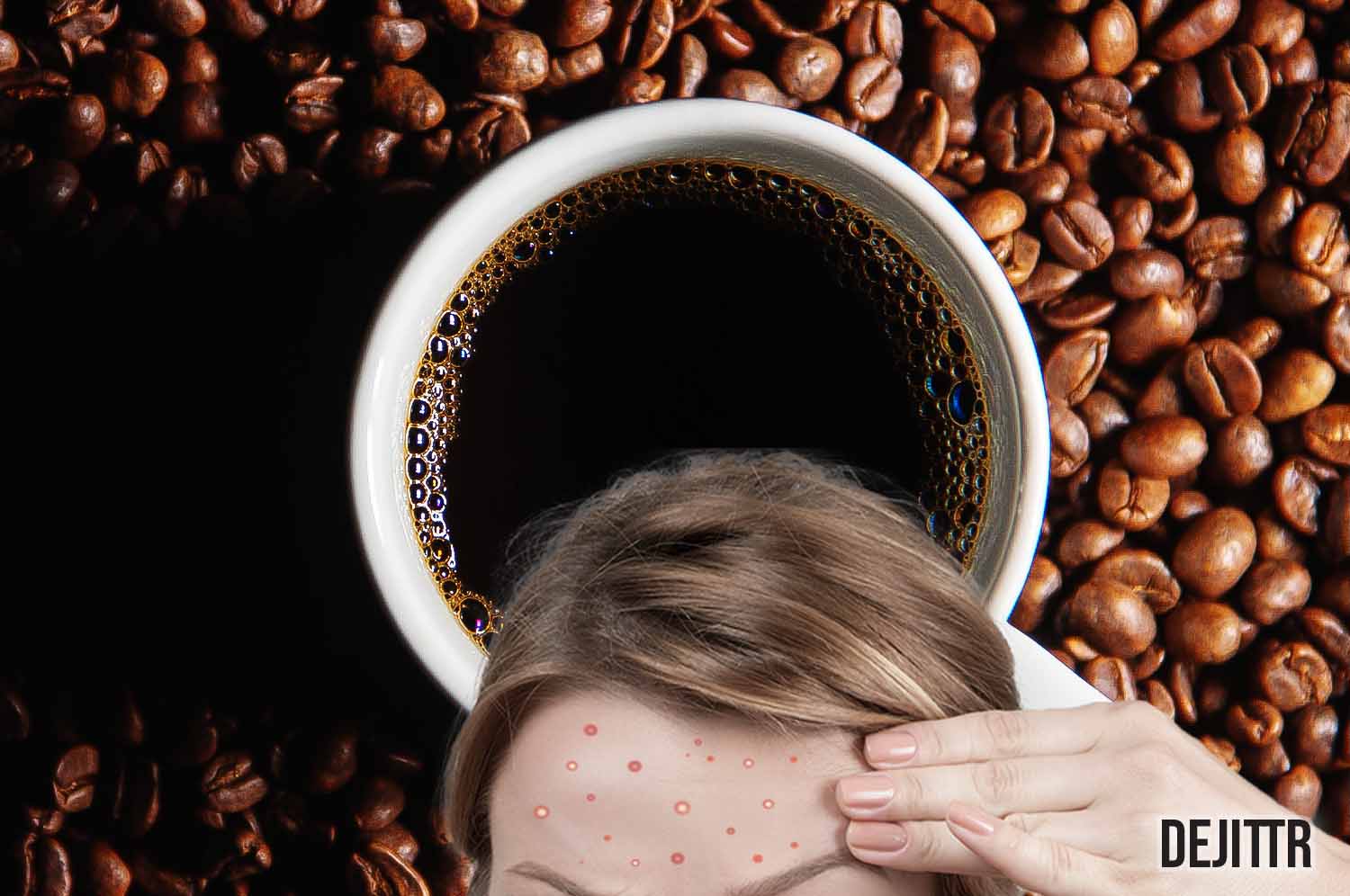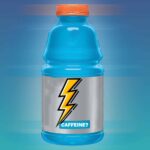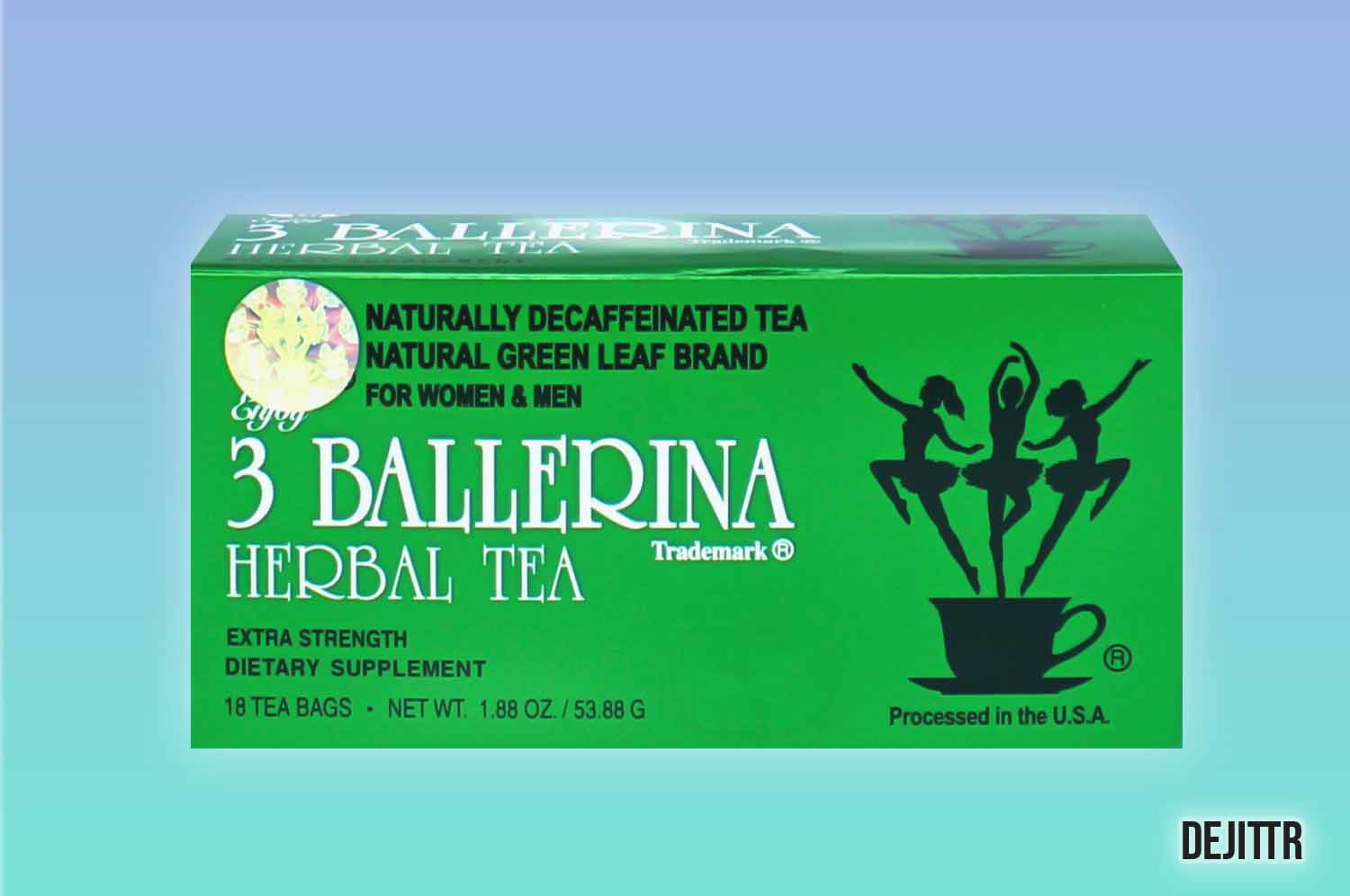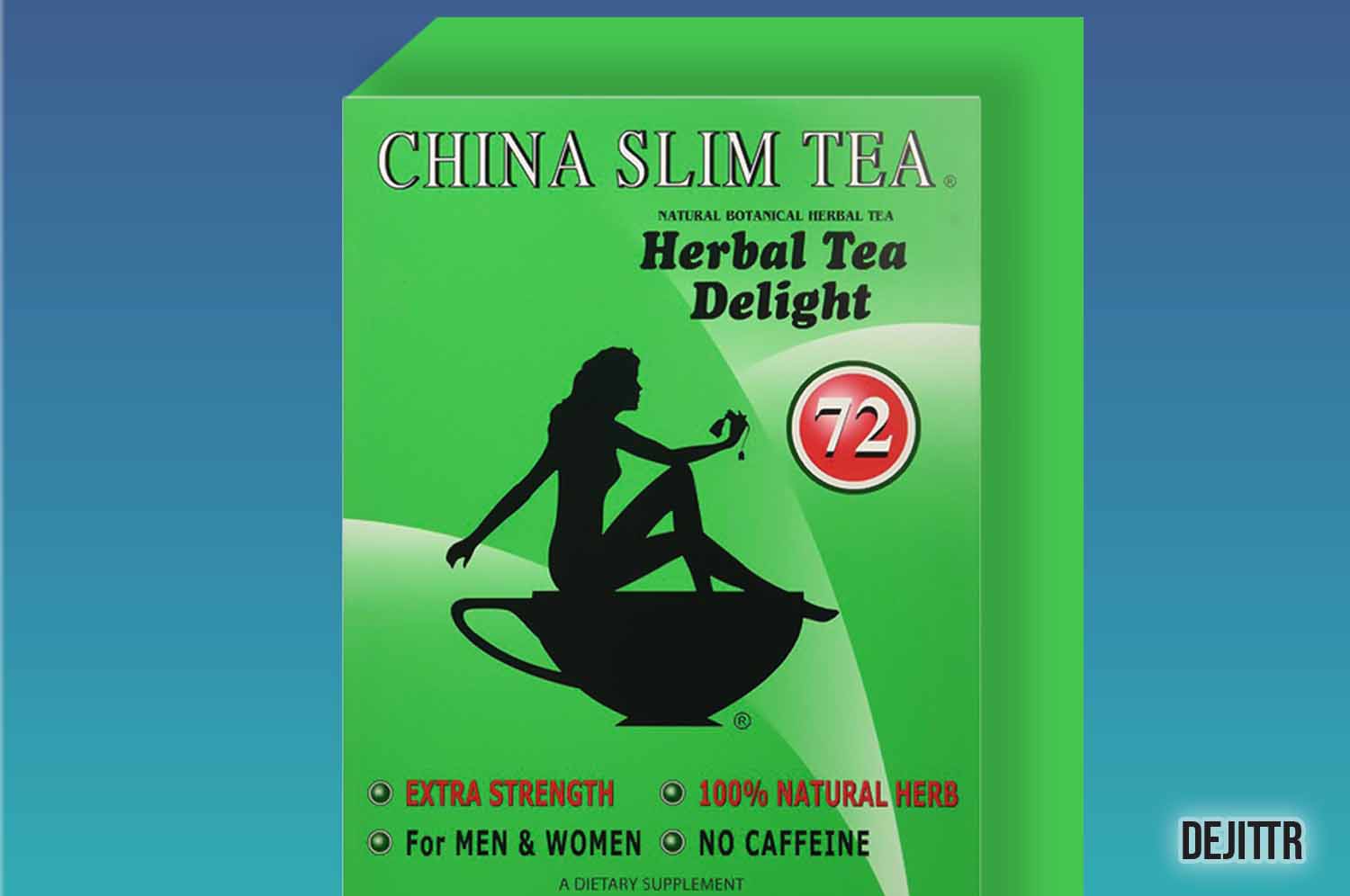Coffee is one of the most consumed caffeinated drinks worldwide. It has some benefits, as it contains antioxidants, and some potential side effects, linked to its exciting effect, which may increase stress levels.
Acne is an inflammatory skin condition that can affect teenagers and adults, and it is also very common worldwide. In acne, the pores of your skin clog with oil, bacteria, and dead skin cells, producing blackheads, whiteheads, and even nodules and cysts.
Can Coffee Cause Acne?
It is difficult to establish all the factors that lead to the appearance of acne. The top causes are hormonal changes, familiarity, high-stress levels, and medications.
In the scientific community, it is debated whether coffee can be one of the causes of acne or not.
Although there’s no evidence to support any direct link between coffee and acne, many studies have identified caffeine as a possible trigger for the appearance of acne or aggravating factor for existing acne.
How Can Coffee Affect the Skin?
Let’s go through the key points in the association between coffee and acne.
- It has been proved that the caffeine contained in coffee drinks can heighten the stress response in the body. Stress hormones, cortisol in particular, stimulate different functions of the body, such as the oil production of the sebaceous glands and the sparking of acne-causing hormones, which means that they also play a role in the appearance and severity of acne, as demonstrated in a recent study. Moreover, coffee can decrease the quality of sleep, which also could worsen acne and increase even more stress levels.
- Another aspect is that coffee is a natural diuretic, which means that it can cause dehydration, which in turn can make acne worse since it slows the repairing process of the skin.
- If taken in excess, coffee can lead to an unhealthy balance of gut bacteria, due to its acidic nature. Some of the consequences of gut dysbiosis are malabsorption and inflammation, two factors that have a negative impact on the skin.
- A little-known fact about coffee, especially if it is of poor quality, is that can contain mycotoxins, which are formed from molds that grow on the coffee crops. Mycotoxins can alter the immune response to pathogens and also mess up hormone levels.
- On the other hand, the antioxidants found in coffee contribute to improving insulin resistance, reducing inflammation, and therefore decreasing the chances of acne flare-ups. Studies have demonstrated that coffee consumption regularly can actually lower insulin levels, and in other studies has been founded that higher insulin levels are associated with severe acne.
Due to these contradictory pieces of evidence, we might assume that coffee can worsen or trigger acne on one side and that it can even help with it on the other side. More research is needed to clarify which role coffee assumption plays in acne.
Recommended Resource:
One of the goals of our website is to demystify ingredients such as caffeine. We create fun-to-read, in-depth, and medically-backed topics that our users love. Here’s another super helpful resource when you’re done reading this article.
Can Coffee Cause Hormonal Acne?
The main hormones closely related to hormonal acne are both the male ones, such as testosterone, and the female ones, which are estrogens and progesterone.
Concerning the impact of caffeine on female hormone levels, there are contrasting outcomes in the research. Some experts say that coffee can increase their levels, and others say the opposite. Moreover, it seems that 200mg of caffeine can raise estrogen levels in Asian people and lower them in other ethnicities, so this also depends on genetic factors.
Concerning the mechanism in which caffeine has an impact on male hormone levels, there are two other hormones to take into account:
– CRH: A study conducted on people who had acne-prone skin, has found that CRH can boost the conversion of androgen precursor hormones to testosterone, increase oil production by speeding up the growth of the cells that produce oil in the skin, and also promote inflammation in skin cells.
– ACTH: It plays a similar role, since it increases DHEA, which is a precursor hormone to testosterone, and there is evidence that it is associated with acne.
Both of these hormones are involved in the stress response of the hypothalamic-pitituary-andrenal axis (HPA), which can be modulated by high levels of caffeine.
Therefore, we can assume that coffee can be one of the many contributing factors in triggering hormonal acne. However, more evidence is needed to reach definitive conclusions.
Can Coffee Cause Acne on the Chin?
When acne appears on the chin and jawline, it usually means that there is an excess of testosterone or that hormone levels are fluctuating. Instead, when it appears on the forehead or the cheeks, it’s more likely to be due to irritating factors, even if it can be related to hormones also in this case.
We cannot say that coffee can directly cause acne on the chin. However, as mentioned above, it can act as a contributing factor to hormonal acne on the chin, along whit other causes.
How to Drink Coffee Without Getting Acne?
In addition to caffeine, the way you prepare your coffee can also have an effect on your skin.
Most people include in their coffee drinks dairy milk and sugar, but many don’t know that they are two of the top dietary ingredients linked to acne flare-ups!
There’s quite a bit of evidence linking high levels of dairy milk intake to acne, due to the hormones naturally contained in it. In particular, the not-fat or skim milk is the worse type of milk if you suffer from acne.
It is well-known that many delicious coffee drinks are loaded with tons of sugar. When you eat sugar, insulin is released, and this causes an increase in the hormone IGF-1, which is been linked to the development of acne. There’s huge evidence proving the relationship between sugar consumption and acne.
To minimize the adverse impact of coffee on the skin and don’t make acne worse, take into consideration these key points when preparing it:
- Cut sugar: Add little or no sugar to your coffee or use a natural sweetener like Stevia, Allulose, or Monk fruit.
- Use unsweetened non-dairy creamer or milk: Choose vegetable options, and if you cannot renounce to cow milk, use whole milk.
- Have less caffeine: Limit your caffeine intake to 2 to 4 cups of coffee in one day, and try to replace some of them whit decaf coffee, so you won’t exceed the recommended daily limit of 400 mg of caffeine. Best if you go caffeine-free!
- Skip the pastries: Don’t eat food high in sugar along with your cup of coffee.
Does Iced Coffee Cause Acne?
If you like iced coffee, latte, frappuccino, or any delicious coffee topped with whipped cream, you are probably assuming dairy and sugar together with your coffee.
Even if iced coffee itself is not a direct cause of acne, milk, and sugar contained in it can contribute to causing acne breakouts.
Does Black Coffee Cause Acne?
Black coffee doesn’t cause acne, and we can say it is the best type of coffee if you want to prevent acne or reduce it. However, assuming much more than the recommended daily doses of caffeine may increase the chance of having an over-active stress response in the body, which can make your acne worse.
Does Decaf Coffee Cause Acne?
Decaffeinated coffee doesn’t directly cause acne and is a good option to cut caffeine. However, the quality of the coffee beans used for decaf drinks is often lower. Fewer antioxidants and more mycotoxins have been found in most decaffeinated coffee. Therefore, it’s best to choose high-quality decaffeinated coffee.
Best Acne Prevention Methods (Tips & Tricks)
Here we mention a few things that can really make a difference in acne prevention or treatment:
- Use sunscreen: Don’t forget to use a high-protection SPF every day and reapply it if you sweat or you wash your face. Use it as the last step of your skincare routine or before makeup. If possible, stay away from the sun and tanning beds. Sun is the first irritating factor on the skin and makes your skin break out.
- Keep your face clean: Wash your face twice daily, in the morning and before going to bed, with a gentle cleanser. Shampoo regularly, especially if you have oily hair that can cause acne on the forehead. Change your pillowcase often, keep your hands off your face throughout the day, and don’t do anything that can cause bacteria contamination on the skin of your face.
- Choose the specific skin care for you: The cleanser, serum, moisturizer, and sunscreen you use should be picked according to your type of skin. If you are not sure about it, ask your dermatologist to help you find out if you have acne-prone, dry, oily, mixed, and/or sensitive skin. In any case, check the labels of the products you use and verify that they don’t contain alcohol and are non-comedogenic, which means they won’t clog your pores. Fun fact: skin care products that contain caffeine also have anti-inflammatory and antioxidant properties. Caffeine as an ingredient of topic preparations can reduce puffiness and irritation and even help to improve acne!
Medication
Sometimes acne needs extra help, especially if it is severe. A dermatologist can make a customized treatment plan for you, considering your age, medical history, type of skin, and type of pimples.
Acne therapy usually includes some creams, such as retinoids and benzoyl peroxide, and antibiotics. In specific cases, women may also be advised to take hormonal therapy. To treat severe acne, a systemic medication called isotretinoin can be prescribed by the dermatologist.
Acne takes time to clear. Often, when starting a new acne treatment, people experiment irritation and breakouts in the first days or weeks. So, stick to your treatment plan exactly as prescribed and be patient. Effective acne treatments include medication, skincare, and lifestyle, so be sure to use acne-friendly cleansers and sunscreens and have a proper diet while following your treatment plan.
Diet
There is a large body of scientific evidence that a diet lower in sugar could help improve acne and the link between acne and higher glycemic foods, which cause blood sugar spikes, is well established.
According to a study, the consumption of nuts, chocolate candy, and red tea could be associated with more severe forms of acne. On the other hand, the existence of some acne-protective dietary factors has been demonstrated, some of them are fatty acids, fruit, and vegetable.
What Types of Beverages Cause Acne?
Any drink which contains dairy, especially non-fat milk, sugar, and a large amount of caffeine, can play a role in triggering or aggravating acne.
While more research is needed to investigate the associations between diet and acne closely, we can list some of the key points for an acne-friendly diet:
- Have plenty of fresh food.
- Cut sugar and foods with a high glycemic index.
- Replace cow milk with vegetable milk and avoid non-fat dairy.
- Avoid alcohol, preservatives, and any food or drink which may cause dehydration and inflammation.
- Reduce caffeine (it would be best to switch to green tea, which contains a small amount of caffeine and a collection of healthy ingredients such as powerful antioxidants and polyphenols, which help to reduce acne).
Conclusion
There haven’t been any studies done to conclusively say whether or not drinking coffee makes acne worse, but reducing caffeine intake and avoid to add dairy and sugar to your coffee drink it’s best to prevent acne or reduce it.












